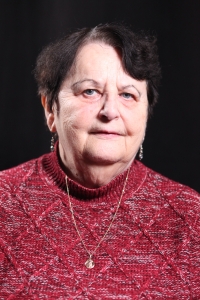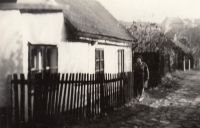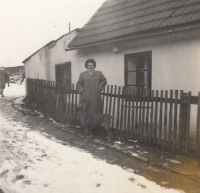Nobody was rich in Písečník, but they lived the way they could

Stáhnout obrázek
Anna Vukušičová, née Krajíčková, was born on 13 January 1943 in Brno. Her childhood and adolescence are connected with Písečník, a Brno settlement, a working-class, poor and partly isolated slum. After primary school, she trained as a weaver in Zábrdovice in Brno and then went to work in the paper mills in Křenová. In 1963 she married Julius Vukušič and together they raised three children. She lived through the August 1968 invasion of Warsaw Pact troops in Zábrdovice and came into closer contact with the occupiers. In 1974, she joined the Královopolská strojírna, where she worked for more than twenty years - until her retirement. At work, she was also encouraged to join the Communist Party of Czechoslovakia (KSČ), which she refused. She lived through the Velvet Revolution in Brno, where she continued to live in 2022.


